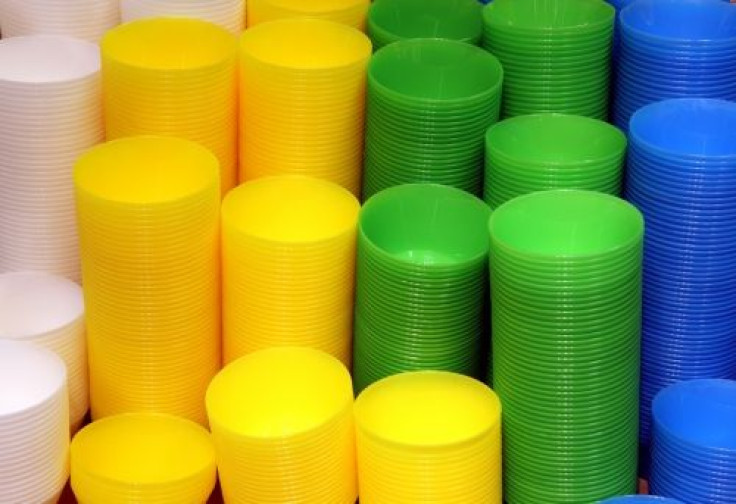How Harmful are Products That Are Not BPA Free?

Lately you see more and more containers that say “BPA Free” but how harmful are products that are not BPA free?
Bisphenol A (BPA) was the key industrial, synthetic, organic compound used to make hard, polycarbonate plastic resins, epoxy resins, and other products, which are used to make consumer goods, such as plastic bottles, cans, milk container linings, CDs, dental sealants, and water pipes.
BPA was thought to be a safe compound as it protected containers from bacterial contamination, however, a study, among many other studies, back in 2008, which appeared in the Journal of the American Medical Association, found that adults with the highest levels of BPA in their urine were more than twice as likely to report having diabetes or heart disease, than adults with lowest levels of BPA in their urine.
At the time, the study did not account for any major decision making for manufacturers, but it did encourage more research and spread rapidly through the press, which forced some manufacturers to make BPA free products.
As reported in the New York Times, “Rat pups exposed to BPA, through injection or food, showed changes in mammary and prostate tissue, suggesting a potential cancer risk.”
The possible negative effects of BPA include cancer risk, heart disease, diabetes, and negative effects in brain tissue.
Controversy, Industry and Government Action
The main concern was the possible risk it could bring to infants and pregnant women, because they are most vulnerable to BPA, but the FDA announced last week that it will seek comment on a petition from chemical manufacturers to ban BPA from baby bottles and sippy cups.
The industry group American Chemistry Council says BPA hasn’t been used by major manufacturers in baby bottle manufacturers since for the past two years.
There is much controversy on whether or not BPA is harmful, but the FDA is taking precaution.
The FDA says standardized toxicity tests so far have supported the safety of current low levels of human exposure to BPA. However it has acknowledged some recent studies have raised concern and it is studying the matter.
The federal agency says it supports the industry’s push to stop producing BPA-containing baby bottles and infant feeding cups.
In early October, the ACC said it was proposing a ban on BPA in baby bottles and sippy cups because “confusion about the products has become an unnecessary distraction to consumers, legislators and state regulators.”
That industry request is limited in scope to a few products for infants and does not include the wider range of products for people of all ages which some manufacturers are already starting to produce without BPA.



























